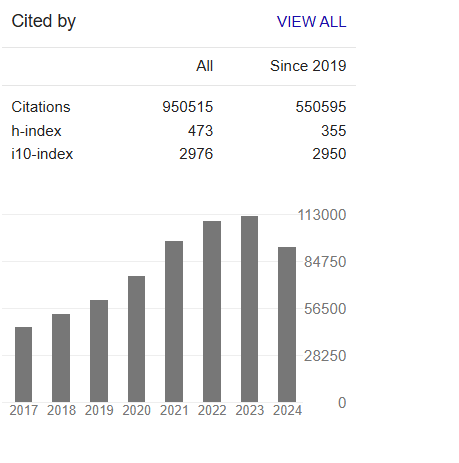Effect of Liquid Bio Fertilizer from Kitchen Waste on Growth, Physiology of Green Gram (Cicer Arietinum L.) and Mung Bean (Vigna Radiata L.) Cultivars
Abstract
Pandurang Gourya Chaudhari and Indra Jeet Chaudhary
The worldwide increasing human population caused problems to the food security and land for agriculture. Population growth also increase the pollution in environment especially waste generation from anthropogenic activities. Therefore, it is essential task for researchers and farmers to waste management and agricultural productivity improvement. The chemical fertilizers improve more crop productions but it damages both environmental ecology and human health with great severity. Therefore, researchers focus on bio-waste based technology for agricultural productivity and maintain soil fertility. Being a fundamental part of organic farming, biofertilizers are important for preserving soil fertility and sustainability because they fix atmospheric dinitrogen (N=N), mobilize fixed macro and micronutrients, or change insoluble P in the soil into forms that plants can use. sustaining soil structure and nutrient availability while increasing the uptake of N, P, K, and micronutrients. Presented study conducted for liquid bio fertilizer preparation from kitchen waste and its impacts on agricultural plants. Resultants the kitchen waste found the good sources of nutrients such as NPK and its application increased plant growth and physiology. Higher concentration of liquid fertilizer shows higher increment of plants growth and developments as compared to control plants. Nowadays, liquid biofertilizer technology has greater advantages than traditional carrier-based biofertilizer technology. Its help to waste management and crops yields. Therefore, various kitchen waste was used for this study. It will help waste management and soil fertility. The study may helpful for segregation of kitchen waste for good source of liquid fertilizer. Presented study will be helpful for sustainable waste management and economic growth. Study will also play a vital role for maintaining the soil health and pollution control technique.



